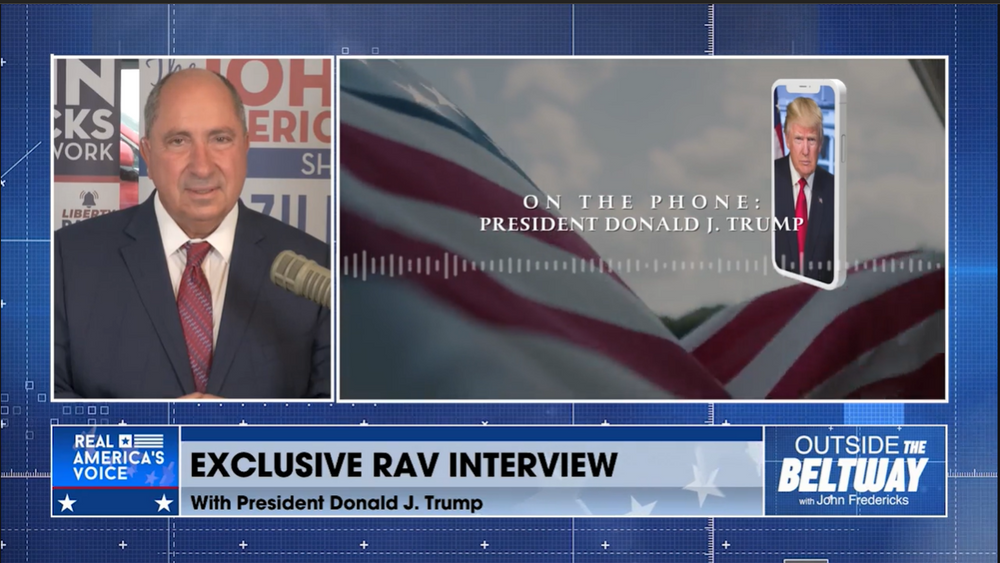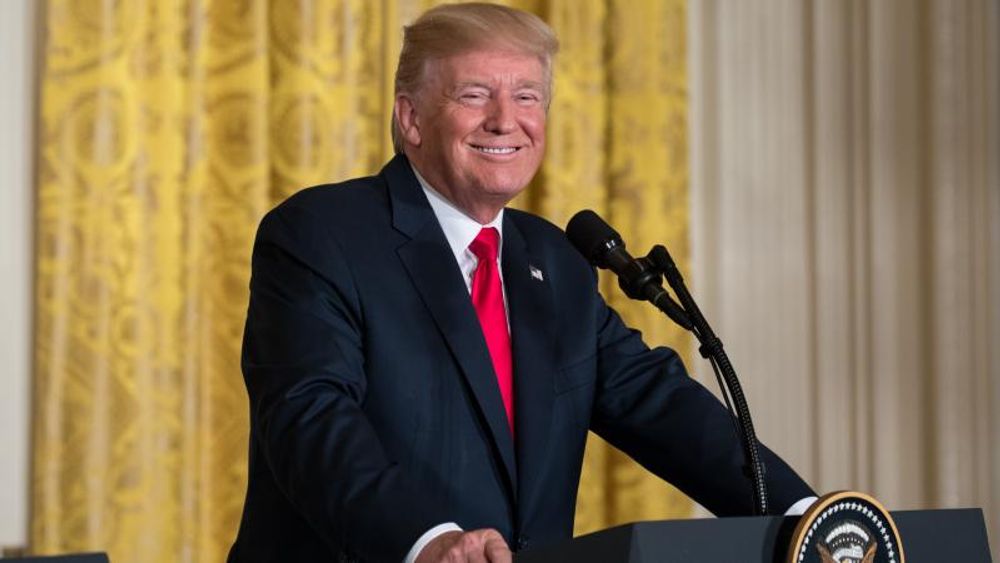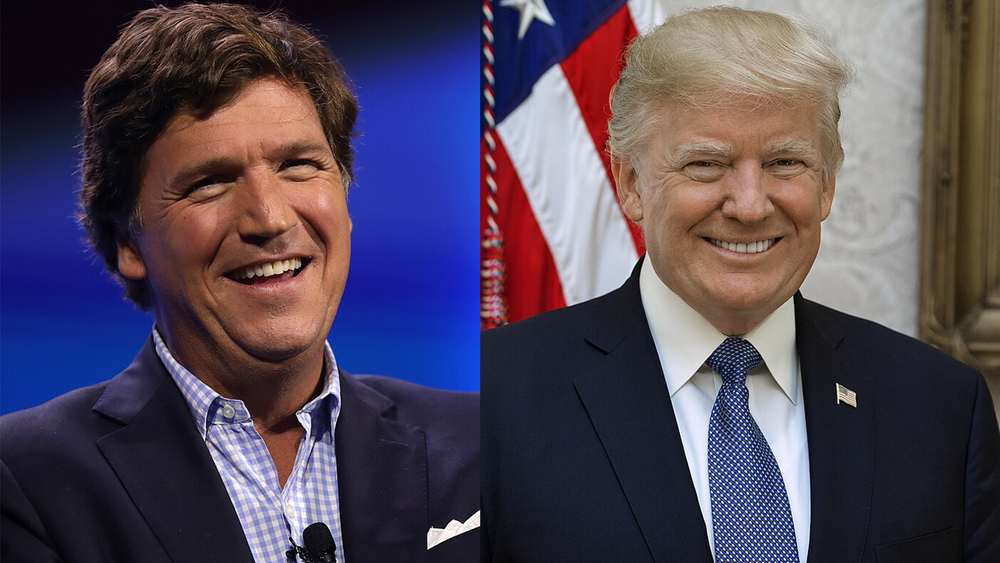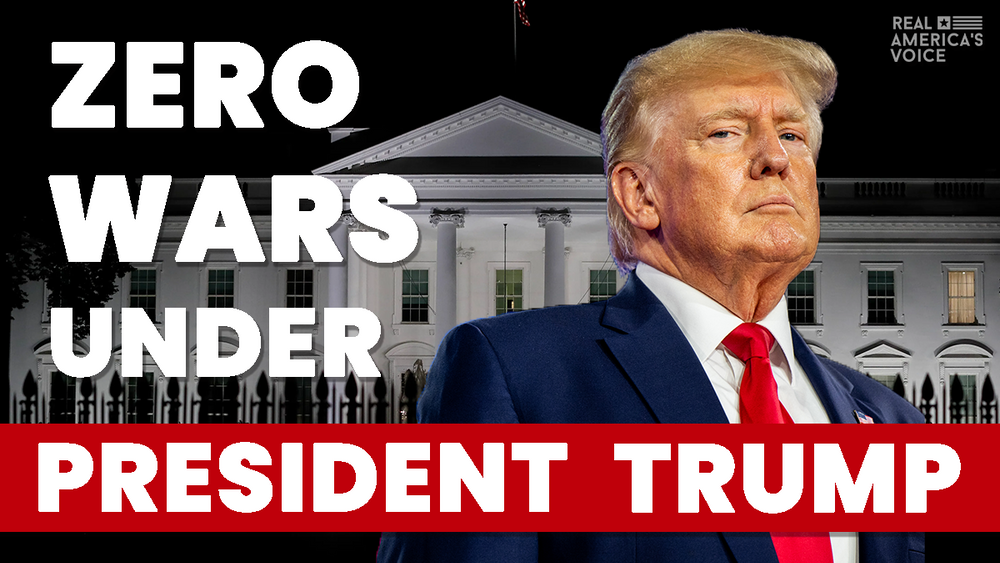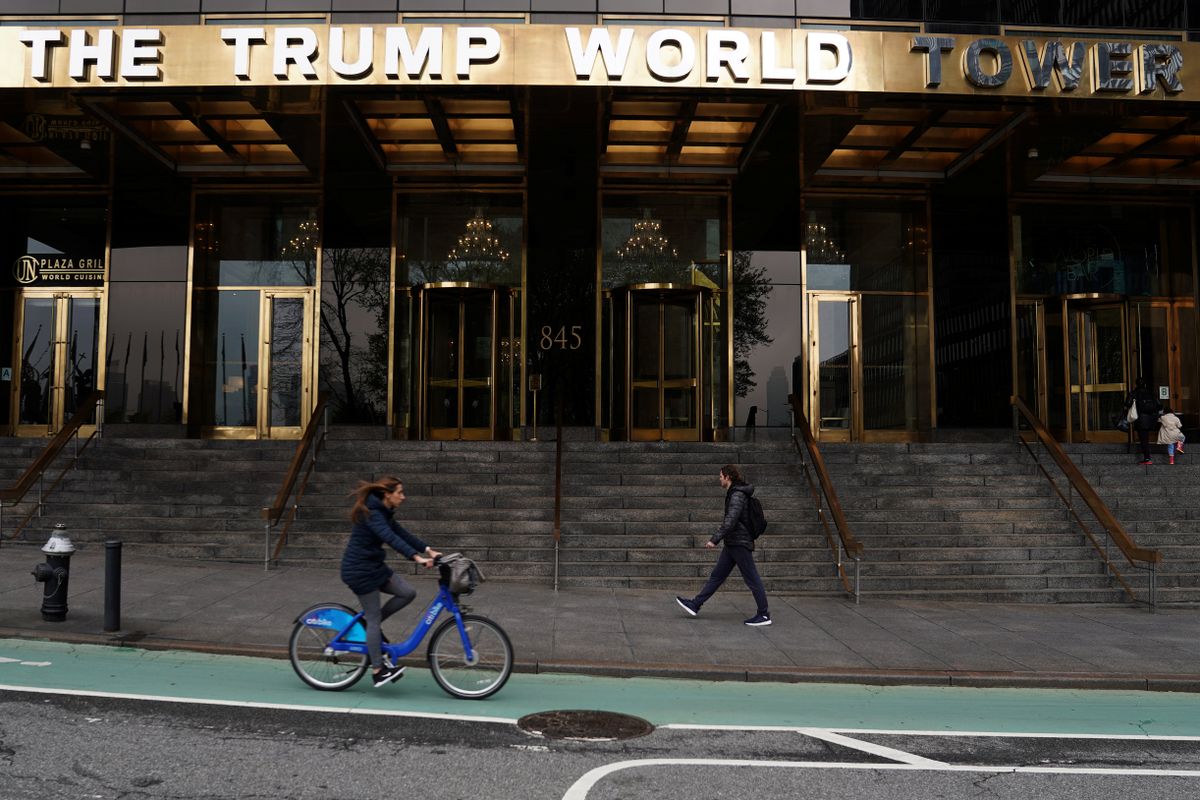
Trump Loses Bid to Halt Democratic Lawsuit Over Foreign Payments
A federal judge on Tuesday refused to put on hold a lawsuit by about 200 Democratic lawmakers accusing President Donald Trump of violating an anti-corruption provision of the U.S. Constitution with his private business dealings, a move that clears the way for them to seek some of his financial records.
U.S. District Judge Emmet Sullivan rejected a request by Trump administration lawyers to halt the case and let them file an expedited appeal of key preliminary rulings he issued against the president. Sullivan said an immediate appeal would not be efficient.
The lawsuit is one of two brought against Trump accusing him of violating the so-called emoluments clause of the Constitution, which bans U.S. officials from accepting gifts or payments from foreign governments without congressional consent.
The other was brought by the Democratic attorneys general of Maryland and the District of Columbia.
The ruling allows the Democratic plaintiffs, led by Senator Richard Blumenthal of Connecticut and including members of the House of Representatives and Senate, to begin the so-called discovery phase of the case in which they will seek records from Trump's real estate company.
The judge's action marked the latest setback Trump has faced in court fights as he defends against lawsuits like this one and efforts by the Democratic-led House to obtain his tax records and other material as part of a series of wide-ranging investigations.
Sullivan said he expects the case to be "poised for resolution within six months," at which point Trump's lawyer could appeal his final judgment to a higher court.
In April, Sullivan issued a 48-page decision that rejected Trump's argument that emoluments were limited essentially to bribes, calling that definition "unpersuasive and inconsistent."
Sullivan said he agreed with the congressional Democrats who brought the case that the clause should be read more broadly as barring an official from taking any payment of any kind whatsoever from a foreign state without congressional approval.
The Justice Department did not immediately respond to a request for comment.
Trump, a wealthy real estate developer who as president regularly visits his own hotels, resorts and golf clubs, maintains ownership of his businesses but has ceded day-to-day control to his sons. Critics have said that is not a sufficient safeguard.
The emoluments litigation, which could end up before the Supreme Court, represent the first time in U.S. history courts have interpreted this language in the Constitution and how it relates to a sitting president.
The case before Sullivan accuses Trump of illegally profiting from his businesses in various ways, including by collecting payments from foreign government officials who stay at his properties and accepting trademark registrations around the world for his company's products.
The similar case brought the Maryland and the District of Columbia attorneys general was narrowed to focus specifically on Trump's hotel in downtown Washington.
Since Trump won the 2016 presidential election, the hotel has become a favored lodging and event space for some foreign and state officials visiting the U.S. capital. He is seeking re-election in 2020.
 Stephanie Grisham Named New White House Press SecretaryNext PostMueller to Testify in Open Congressional Hearing
Stephanie Grisham Named New White House Press SecretaryNext PostMueller to Testify in Open Congressional Hearing
